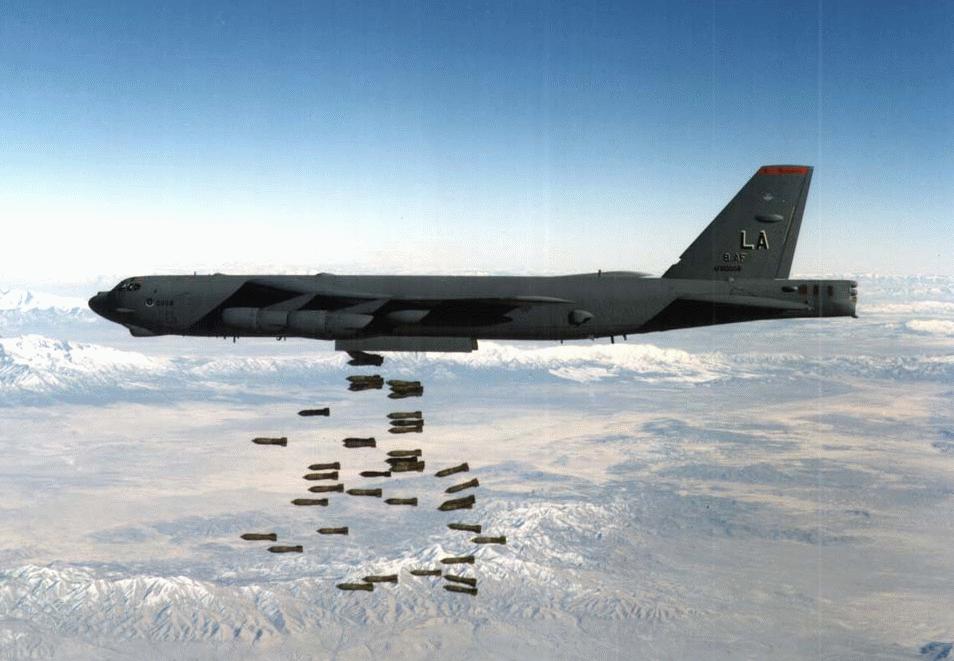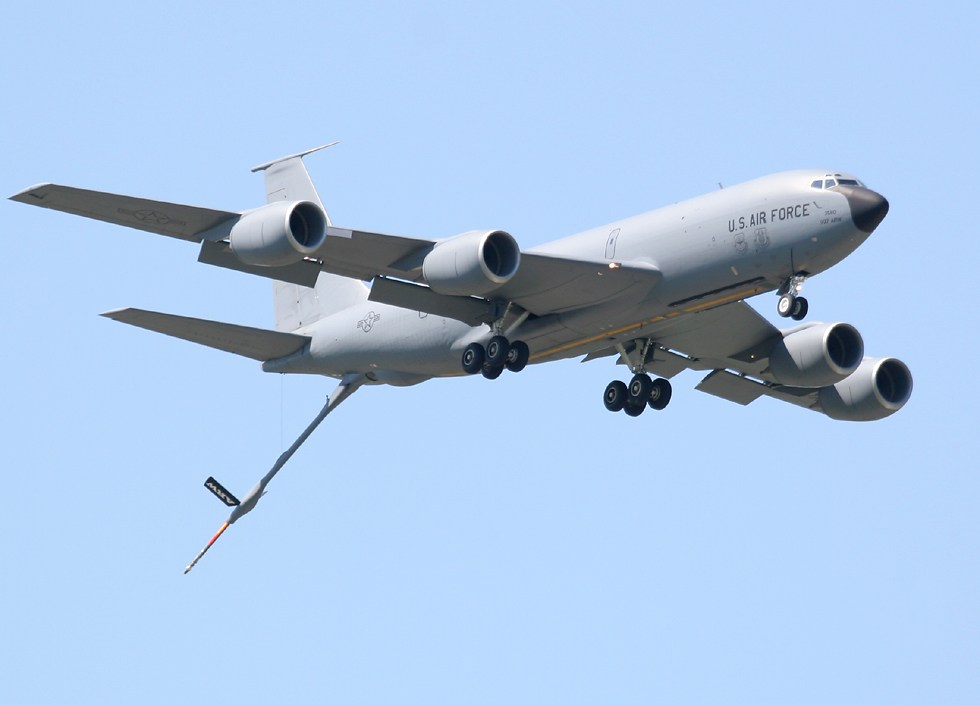- Joined
- Nov 25, 2007
- Messages
- 9,295
Reading is a luxury I rarely enjoy these days so I can't comment on Mr. Freidman's work.
I digress a bit but I think though that you are looking at it with a little bit of tunnel vision. I refer to President Eisenhower's farewell address where he warned of the Mlitary-Industrial complex. The man was a prophet, I've been in this area about 15 years and have noticed the trend ... the division between the public and private sector is shrinking.
Add 1 hour of commute (one way) and suddenly you'll have PLENTY of reading time... and that's when the Red Line works.
It's interesting you would cite Eisenhower, a man who benefited from a centralized WWII planning (and not just in the military). It's far easier to warn of a complex once you've finished benefiting from it.
That said, it was always interesting to me how we would complain about waste in the federal government, while we were paid by it. Honestly, within your organization, I'm sure you could write a novel on the amount of waste at HHS. My wife probably could too. And so could I about the Coast Guard, or even better, DHS....
But imagine the waste surrounding my federal employment. The healthcare I received, the benefits I "earned," my training, my travel, heck, my education! All aspects of my employment had elements of waste. So do yours, still. And yet, I complained at the same time. And my wife complains. But all of that compaining didn't stop me from taking the money, accepting the higher priced commercial flights, compliments of federal travel offices to conferences are non-centrally located offices. I enjoyed lunch in the Pentagon's overdone food court. I used SmartBenefits for travel in the DC area. I moved from duty station to duty station with contracted movers who brag about the extra time they take to move members of the military because the government pays.
And yet.... with all that waste, and all that compaining, and all of the obvious issues. I still took the money. And so do you.
If there's anything that should scare you about the state of this country, or the state of our economy... it can be summed up there... I take when it's given, and so do you.
We are part of the problem, we know we are part of the problem and we do nothing about it.... except say we're part of the problem, and that there is, in fact a problem.
At the end of the day, how does a broken Coast Guard affect you? Well, it means there's less likelihood someone will find you when you need to be found (or will at least search), that the correct fish species are being caught (and being caught by American boats....CANADA!), that a buoy will PROBABLY be where it's supposed to be, that dGPS is working, that ice will be broken on rivers, oil spills cleaned, migrants interdicted, etc.
And while we all know these things COULD happen, but would likely not effect us directly..... we will do nothing about it, except post articles and debate how wasteful a service of 40,000 folks patrolling or regulating 96,000 sq. miles of coastline and inland waterways....
Yes, there is a 4-star Washington, D.C., who COULD stay something, but he may be too concern about those stars to say it.
And there's a President in the White House who wouldn't know the difference, either way, until it affects approvals, another disaster has his name on it or polling tells him it's important.
So we can certainly say the Coast Guard wastes more than private institutions, even if we agree they are more efficient than many federal agencies. And we can be bothered by the waste at all levels of government (while still taking the government's money), but at the end of the day, principles and values won't build a cutter or a helicopter or a fixed-wing aircraft. Principles and values won't help you monitor for distress calls or man watches.
If we want the Coast Guard to break, or disappear, then we're at the point that it should. But when it does go away, we also need to be ready for the consequences of it.

 ). But the fact remains it is ONLY for CAS, a single mission asset, and we have a bunch of other assets out there that can do CAS, although not as well as the A-10. It's ultimately cheaper to retire an entire fleet than piece meals of all the fleets, plain and simple.
). But the fact remains it is ONLY for CAS, a single mission asset, and we have a bunch of other assets out there that can do CAS, although not as well as the A-10. It's ultimately cheaper to retire an entire fleet than piece meals of all the fleets, plain and simple.



